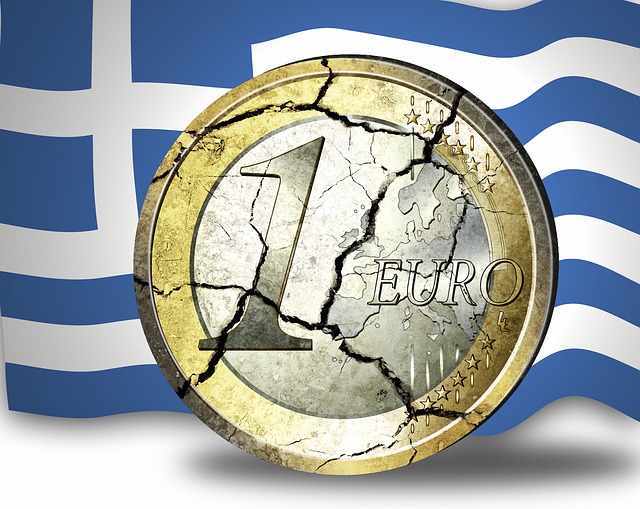Podcast: Play in new window | Download
Subscribe: Apple Podcasts | Android | Email | Google Podcasts | RSS | More
 As the simmering crisis between Greece and the institutions formerly known as the Troika heats up again, it’s a good time to look once more at the roots of the European crisis and what they mean for the possibilities open before Syriza at the present juncture. Greece is being squeezed by Europe: it’s cash is about to run out, they’ve been limited from raising new funds on bond markets and are being asked for ever greater concessions in terms of the reforms. Indeed, the red lines for compromise are right under Syriza’s feet and it’s possible that Greece will be pushed out of the euro. More likely, however, Greece may attempt to issue some kind of quasi-money while staying in the Euro if the institutions do not back down. Regardless of what happens, it is important to understand the last few decades of European integration to fully grasp the costs and dangers of exit from the Euro and imagine a solidarity that could join workers across Europe.
As the simmering crisis between Greece and the institutions formerly known as the Troika heats up again, it’s a good time to look once more at the roots of the European crisis and what they mean for the possibilities open before Syriza at the present juncture. Greece is being squeezed by Europe: it’s cash is about to run out, they’ve been limited from raising new funds on bond markets and are being asked for ever greater concessions in terms of the reforms. Indeed, the red lines for compromise are right under Syriza’s feet and it’s possible that Greece will be pushed out of the euro. More likely, however, Greece may attempt to issue some kind of quasi-money while staying in the Euro if the institutions do not back down. Regardless of what happens, it is important to understand the last few decades of European integration to fully grasp the costs and dangers of exit from the Euro and imagine a solidarity that could join workers across Europe.
To these ends, I’ve interviewed Riccardo Bellofiore and Ingo Schmidt this week. Riccardo teaches economics at the University of Bergamo in Italy. Ingo, on the other hand, teaches at Athabasca University here in Canada but maintains close ties with Germany, writing frequently for the press there. Both Riccardo and Ingo have written extensively about the nature of contemporary capitalism, the process of European integration and the crisis of social democracy. I’m happy to have had a chance to speak with both of them.
Ingo discusses the German economy, Germany’s role in the European crisis and the possibilities for Europe-wide solidarity. My conversation with Riccardo focuses on European integration, the roots of the Greek crisis and the costs of Euro exit — a strategy Riccardo cautions against pursuing deliberately based on an economic analysis of the degree of European integration and the tremendous social costs and risk facing a country choosing to leave.